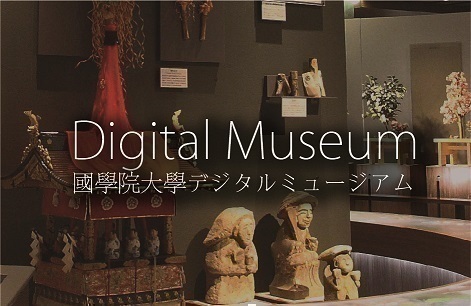- トップ
- Encyclopedia of Shinto
- Fujitani Nariakira
Encyclopedia of Shinto
| Main Menu: | |
| Links: |
詳細表示 (Complete Article)
| カテゴリー1: | 8. Schools, Groups, and Personalities |
|---|---|
| カテゴリー2: | Personalities |
| Title | Fujitani Nariakira |
| Text | (1738-79) Scholar of the Japanese language in the mid-Edo period. Born in 1738 in Kyoto to Minagawa Shundō, an avid amateur scholar of the merchant class; his elder brother was the famed Confucianist Minagawa Kien (1734-1807). His common name was Sen'emon, his style was Chūtatsu, and he used numerous epistolary names, including Tomiakira and Ran'en Shujin. Nariakira was adopted into the Fujitani family, and served the Yanagawa Domain (in present-day Fukuoka Prefecture) as a scholar of National Learning (kokugaku). He studied Japanese poetry composition (waka) under Imperial Prince (shinnō) Arisugawa no Miya Yorihito, and also became well versed in Chinese poetry. He engaged in the classification and analysis of Japanese poetic language, creating the four divisions of na (nominal or indeclinable parts of speech), kazashi (particles or connectives), yosoi (declinable parts of speech), and ayui (particles, auxiliary verbs, and suffixes), and also proposed new explanations for parts of speech and periodization schemes for the development of the Japanese language. These theories were not passed on within the Fujitani house so much as by the scholars Motoori Haruniwa and Tōjō Gimon, and they were later reappraised by the Meiji-era academic Yamada Yoshio. Fujitani is ranked along with Motoori Norinaga as one of history's most eminent scholars of Japanese grammar. He died on the second day of the tenth month of 1779 at the age of forty-two. He was the author of Ayuishō (On Particles and Auxiliary Verbs), Kazashishō (On Particles and Connectives), and Kangyokuchō, among other works. - Furusō Masami |




